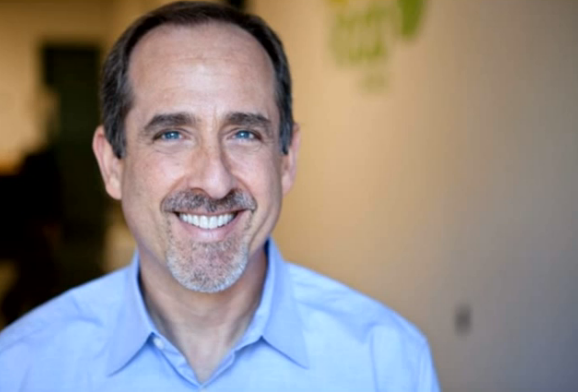Will what we’re building last?
The shared offices and community hubs like N3rd Street and in the Philadelphia Building. The events and the conversation, the jobs and perception, the culture and shared goals. All told, is the entrepreneurial and technology community of Philadelphia scratching the surface?
The subject came up when Technically Philly was talking to Real Food Works COO Mike Krupit for the first part of a bootstrapping series we’re running. Philadelphia, of course, has had a strong, growing tech startup community before not too long ago.
While Philadelphia has a stronger startup community today than earlier last decade, Krupit said – whether through bootstrapping or investment strategies – it still needs to create deep roots before it can truly be considered successful.
In the 1990s, Krupit remembers, Philadelphia, largely symbolized by the Route 202 corridor, had a much-discussed startup community. Think of companies like CDNow and Infonautics, which had hundreds of employees before the dot-com bubble burst.
That type of conversation — of a technology-focused entrepreneurial community — has finally returned to a serious level and is now more focused in and around Center City, Krupit said.
“While it’s very exciting that it’s growing, we still don’t have those deep roots that will keep [the startup community] anchored,” Krupit said. “The universities don’t actively participate, the big companies, of which there are few, don’t participate, and the capital really isn’t in the area.”
Krupit said he is concerned that the next economic downturn will make the tech community disappear like it did previously. At an event with Campus Philly last month, Ticketleap CEO Chris Stanchak said launching his Internet business in 2003 — particularly in Philadelphia proper — felt something like walking on the moon, as if no one else was going to show up.
That’s changed considerably since then, but will anyone outside of a narrow corner remember?
Wealth was created in the 1990s tech boom here that led to further impact today — see Josh Kopelman and First Round Capital, the spinouts of a then-reinvigorated Safeguard Scientifics, including GoodCompany’s Garret Melby and now state Treasurer Rob McCord, the And1 diaspora and other examples — but the question of how widely that changed the region and certainly the city can still be up for debate.
It’s something we’ve heard before. Can the city’s incubation craze last? Will social entrepreneurship soften any of Philadelphia’s serious social ills? Could today’s early stage tech entrepreneurship foot race truly leave the region in a different place 10 years from now when this conversation seems stale?
Whatever footprints from entrepreneurs and startups in Philadelphia do last, they’ll surely be built with that in mind, as coworking space Indy Hall cofounder Alex Hillman told us last year: “I want Philadelphia to outlast other cities.”
Additional reporting was provided by Kristen Gillette and Lauren Hertzler.







